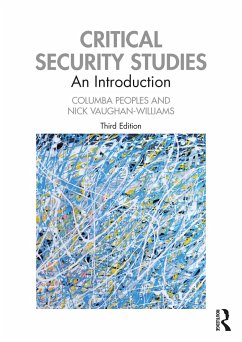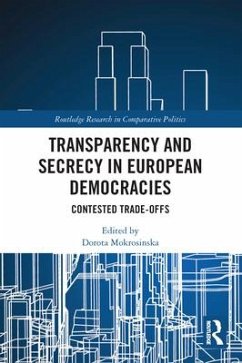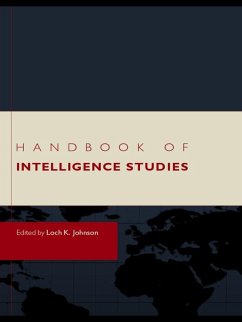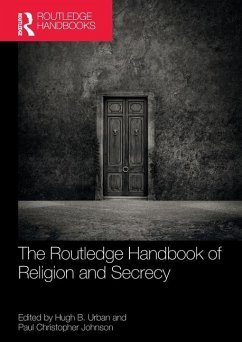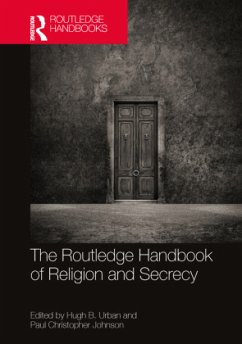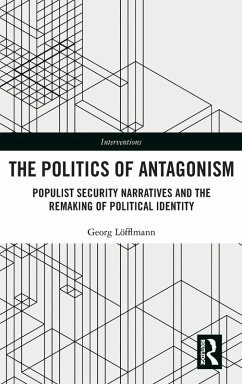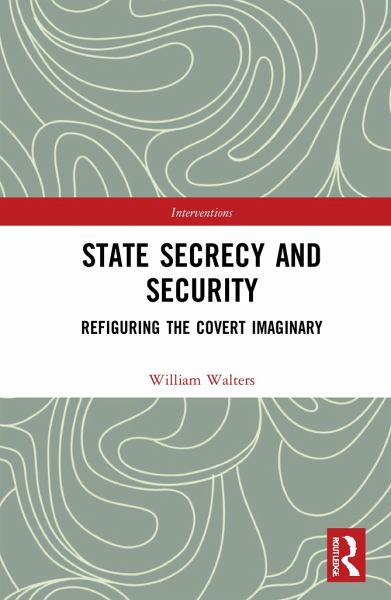
State Secrecy and Security
Refiguring the Covert Imaginary
Versandkostenfrei!
Versandfertig in 6-10 Tagen
43,99 €
inkl. MwSt.
Weitere Ausgaben:

PAYBACK Punkte
22 °P sammeln!
In State Secrecy and Security: Refiguring the Covert Imaginary, William Walters calls for secrecy to be given a more central place in critical security studies and elevated to become a core concept when theorising power in liberal democracies.Through investigations into such themes as the mobility of cryptographic secrets, the power of public inquiries, the connection between secrecy and place-making, and the aesthetics of secrecy within immigration enforcement, Walters challenges commonplace understandings of the covert and develops new concepts, methods and themes for secrecy and security re...
In State Secrecy and Security: Refiguring the Covert Imaginary, William Walters calls for secrecy to be given a more central place in critical security studies and elevated to become a core concept when theorising power in liberal democracies.
Through investigations into such themes as the mobility of cryptographic secrets, the power of public inquiries, the connection between secrecy and place-making, and the aesthetics of secrecy within immigration enforcement, Walters challenges commonplace understandings of the covert and develops new concepts, methods and themes for secrecy and security research. Walters identifies the covert imaginary as both a limit on our ability to think politics differently and a ground to develop a richer understanding of power.
State Secrecy and Security offers readers a set of thinking tools to better understand the strange powers that hiding, revealing, lying, confessing, professing ignorance and many other operations of secrecy put in motion. It will be a valuable resource for scholars and students of security, secrecy and politics more broadly.
Through investigations into such themes as the mobility of cryptographic secrets, the power of public inquiries, the connection between secrecy and place-making, and the aesthetics of secrecy within immigration enforcement, Walters challenges commonplace understandings of the covert and develops new concepts, methods and themes for secrecy and security research. Walters identifies the covert imaginary as both a limit on our ability to think politics differently and a ground to develop a richer understanding of power.
State Secrecy and Security offers readers a set of thinking tools to better understand the strange powers that hiding, revealing, lying, confessing, professing ignorance and many other operations of secrecy put in motion. It will be a valuable resource for scholars and students of security, secrecy and politics more broadly.





